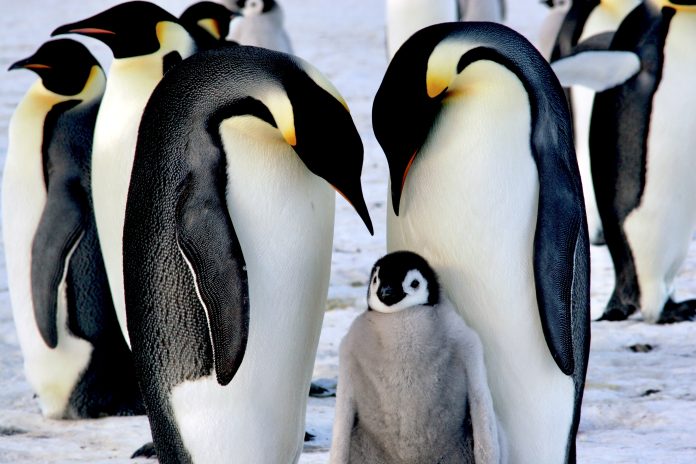
Breaking! Emperor Penguins Will Now Be A Protected Species Under The U.S. Endangered Species Act
By Lauren Lewis
You can help all animals and our planet by choosing compassion on your plate and in your glass. #GoVeg
RELATED ARTICLES
Undercover Investigation Reveals That New Fur Products Are Still Being Sold In California Despite Ban
Photos from HSUS
This week, the Humane Society of the United States (HSUS) released an undercover investigation identifying a handful of California retailers openly skirting...
Captain Paul Watson Foundation Fights To Stop The Killing Of Endangered Fin Whales In Iceland
Captain Paul Watson Foundation is launching Operation Ice Storm from Albert Dock in Yorkshire to directly oppose Iceland's last whaling company, Hvalur hf. Paul...
Conservation Groups Urge Federal Agencies To Prohibit The Killing Of Wildlife With Snowmobiles
More than 60 conservation groups from across North America filed letters today urging the U.S. Forest Service and Bureau of Land Management to immediately...
Popular stories
Breaking News
Victory! New South Wales Suspends Logging To Create Great Koala National Park To Protect Endangered Species
In a major victory for a quickly declining koala population in Australia, The Environment Minister of New South Wales (NSW) will halt timber harvesting...
Breaking News
Endangered Red Panda Among 87 Animals Found Inside Luggage During Bust At Bangkok Airport
Photos by: Thai Customs Department’s Facebook
An endangered red panda was discovered among 87 animals inside luggage at Bangkok's Suvarnabhumi Airport in Thailand. Six individuals...
Industry News
Trump Administration Moves Forward With Massive Oil & Gas Project In Alaska Threatening The Survival Of Many Endangered Species
Despite the pandemic, the Trump administration is moving ahead with public hearings on the Willow project – a massive oil and gas development being...


